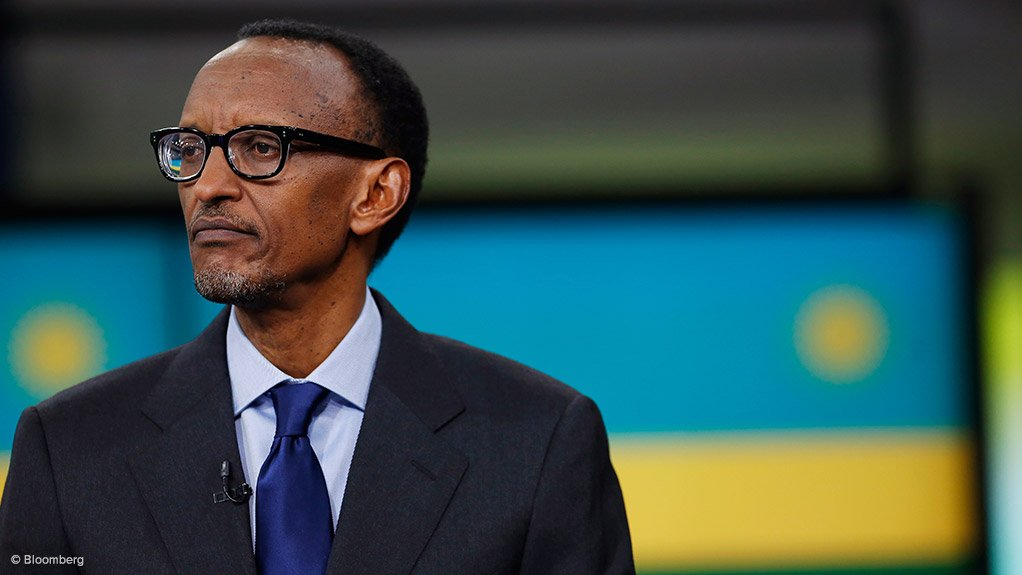Rwanda's President Paul Kagame has campaigned in Gasabo, a suburb of the capital Kigali, ahead of the August 4 general and presidential elections.
Tens of thousands of his supporters had to be beaten back by police brandishing baton sticks and fenced in on Wednesday as they fought to catch one last glimpse of their leader.
"It's because the people love him. He's our hero, through him we built this country from scratch. Rwanda was dead before and now we are alive," said Solange Mubaraki, the founder of Defence Spouses Alliance Cyuzuzo, a local support group of more than 250 wives of those serving in Rwanda's security services.
"Everyone can see Rwanda is not about genocide, but development and peace because of the leadership of Kagame," he said.
At least seven-million voters are registered to cast their ballots in the third elections since the 1994 ethnic massacres.
Kagame and the ruling Rwandan Patriotic Front (RPF) expect a victory that would award the post-genocide president a third term and another seven years in office.
Although Kagame is widely popular, international rights observers have expressed concern over the political environment in which Friday's vote takes place.
'Climate of fear'
Last month, Amnesty International warned Rwanda's elections risk being held under "a climate of fear created by years of repression" due to alleged state intimidation of opposition.
Sarah Jackson, deputy director for Amnesty International's East Africa office called on the international community to remain watchful.
"In the immediate run-up to the elections, Rwanda's international partners with a presence in the country should continue to closely monitor the situation and speak out about any violations they observe," she said in an email.
The Democratic Green Party of Rwanda (DGPR), led by Frank Habineza, is running against Kagame's RPF in an election race largely dominated by the RPF's tricoloured flags of red, white and blue in Kigali.
Although the visibility of Rwanda's leading opposition party is minimal in the local press and on television, Habineza's DGPR has managed to hold a series of small rallies.
It promised, much like Kagame, to improve access to electricity, education and health services for Rwanda's rural majority.
Kagame is recognised for his 17-year track record of economic growth, stability and development.
But Habineza and Diane Rwigara, a human rights activist and disqualified presidential candidate, accuse the RPF government of using "indirect" methods of intimidation to push its opponents out of the political race.
The RPF strongly denies the charge.
At Wednesday's rally, Kagame rejected accusations of "dictatorship" and said Rwandans were free to choose their leader.
As the country prepares to make its choice, Amnesty's Jackson urged political reform to ensure future elections avoid controversy.
"Whoever is elected president should commit to fundamental reforms to ensure the 2024 elections takes place in a context where the rights of freedom of expression, association and peaceful assembly are truly respected," she said.
EMAIL THIS ARTICLE SAVE THIS ARTICLE
To subscribe email subscriptions@creamermedia.co.za or click here
To advertise email advertising@creamermedia.co.za or click here











